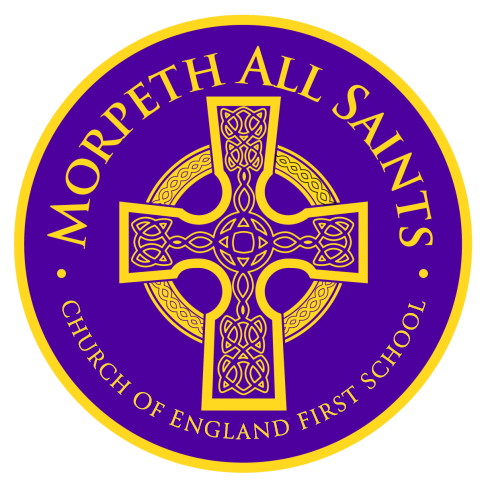Mr J O’Halloran is the E-safety Co-ordinator in school
Mr G Anderson is the Governor in charge of e-safety.
Miss G Dunn is the ICT Co-ordinator in school.
E Safety Information for Parents/Carers
E-safety is often defined as the safe and responsible use of technology. This includes the use of the internet and also other means of communication using electronic media (e.g., text messages, gaming devices, e-mail etc). E-safety is as much about behaviour as it is electronic security. E-safety in this context is classified into three areas of risk:-
- Content: being exposed to illegal, inappropriate or harmful material.
- Contact: being subjected to harmful online interaction with other users.
- Conduct: personal online behaviour that increases the likelihood of, or causes, harm.
It is important that all pupils, parents and carers are made aware of the potential e-safety risks associated with the use of computers, social networking media and mobile technologies.
If you have any comments or would like to contribute please email [email protected].
The following resources will help parents and children to get to grips with all the different aspects of e-safety.
Please report any concerns you may have to us as soon as possible.
E Safety useful websites and factsheets
Privacy Policy
“Facebook is about sharing. Our privacy controls give you the power to decide what and how much you share. Learn how to manage who can see your information on and off Facebook”.
https://www.facebook.com/help/445588775451827
Facebook Guide for Parents
https://www.facebook.com/safety/groups/parents/
NSPCC Share Aware
We tell our children to share but online it’s different. In fact, sometimes sharing online can be dangerous. That’s why the NSPCC have joined forces with O2 to ask parents to be Share Aware and keep children safe online.
Talking to your child is the best way to help keep them safe. But with things changing all the time, it can be hard to keep up to date. You can always call our online safety helpline on 0808 8005002 to get advice on anything from the latest social networks to parental controls.
Or find out what other parents think about the most popular social apps and games, what’s the right age and details on privacy and safety settings with our Net Aware tool.
The NSPCC’s straightforward, no-nonsense advice will untangle the web, and show you how you can be just as great a parent online, as you are the rest of the time. The internet is a great place for children to be. Being Share Aware makes it safer.
Please click on the following link:-
https://www.nspcc.org.uk/preventing-abuse/keeping-children-safe/share-aware/
Twitter has a section for families that goes through how Twitter is a public content site, but also how to secure your account.
https://about.twitter.com/safety/families
SnapChat
Parental guide offered by Connect Safety on what Snapchat is and how it works.
http://www.connectsafely.org/wp-content/uploads/snapchat_guide.pdf

